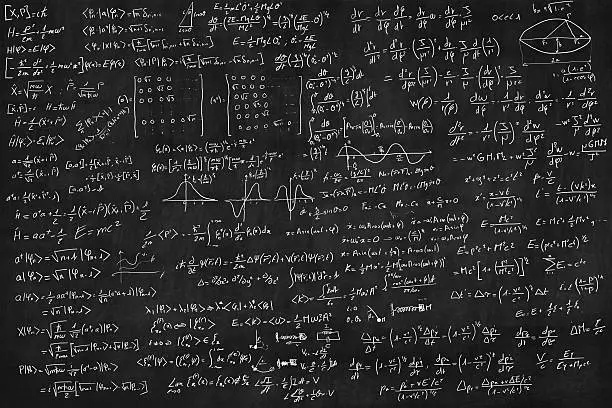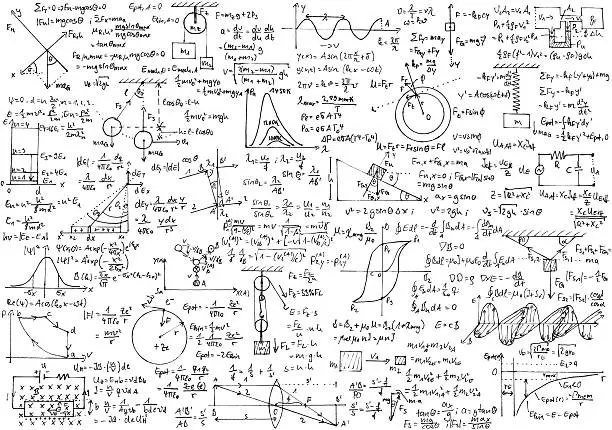
Unraveling the Mysteries of Mathematical Infinity
- Admin
In the vast landscape of mathematics, few concepts captivate the imagination and challenge our understanding quite like infinity. From ancient civilizations pondering the infinite cosmos to modern mathematicians grappling with infinite series and sets, the concept of infinity has been a source of fascination and inquiry for millennia.
At its core, infinity represents boundlessness, an idea that transcends the finite constraints of our everyday experience. But what exactly is infinity, and how do mathematicians make sense of it? This is the question we aim to explore on our website dedicated to the study of mathematical infinity.
The Nature of Infinity
Infinity defies easy definition. It's not simply a large number or an endless sequence; rather, it's a concept that lies beyond the realm of finitude. In mathematics, infinity is often treated as an idealized limit, a notion that allows us to conceive of processes that continue indefinitely without ever reaching a final conclusion.
One of the earliest encounters with infinity in mathematics came in the study of geometry, where the concept of infinity manifested in the form of infinitely extending lines and planes. The ancient Greeks grappled with the idea of a line stretching infinitely in both directions, giving rise to philosophical debates about the nature of space and the universe.
Infinite Sets and Cardinality
The study of infinite sets opened new frontiers in mathematics, challenging conventional notions of size and counting. Mathematicians such as Georg Cantor revolutionized our understanding of infinity by introducing the concept of different sizes of infinity, known as cardinalities. Cantor showed that while some infinite sets, such as the set of natural numbers, are countably infinite, others, like the set of real numbers, are uncountably infinite, containing more elements than can be listed in any finite sequence.
Infinite Series and Calculus
In calculus, the concept of infinity plays a central role in understanding the behavior of functions and sequences. Infinite series, sums of an infinite sequence of terms, provide a powerful tool for approximating functions and solving mathematical problems. However, the convergence or divergence of infinite series can lead to fascinating paradoxes and counterintuitive results, as demonstrated by the famous examples of the harmonic series and the Basel problem.
Philosophical Implications
Beyond its mathematical significance, infinity has profound philosophical implications, touching on questions of existence, infinity, and the nature of reality itself. Philosophers and theologians have long grappled with the concept of infinity, pondering its implications for our understanding of time, space, and the universe.
Conclusion
In conclusion, the concept of infinity occupies a central place in the landscape of mathematics, offering a rich tapestry of ideas and challenges for exploration. On our website, we invite you to join us on a journey into the infinite, where we'll delve into the mysteries of infinity, explore its applications across various mathematical disciplines, and contemplate its profound philosophical implications. Whether you're a student, a scholar, or simply a curious mind eager to explore the wonders of mathematics, there's something here for everyone in our exploration of mathematical infinity. Welcome to our world of boundless possibilities.
